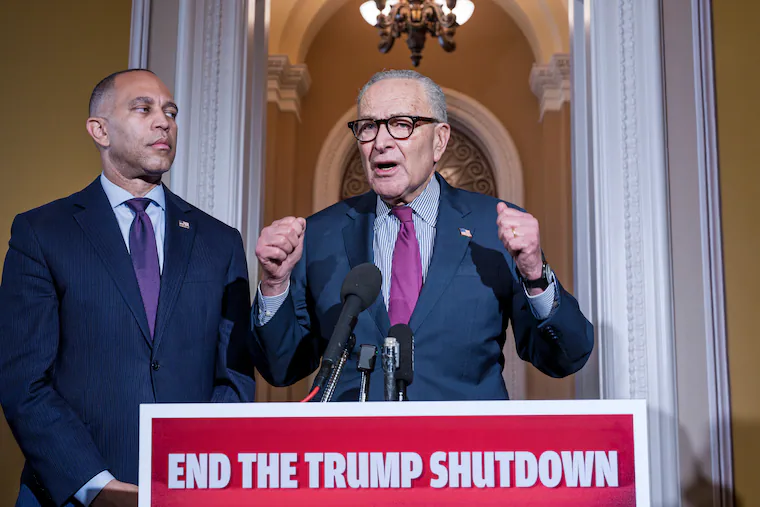Copyright dailytimes

The recent border tension between Pakistan and Afghanistan is not an unexpected incident but the direct result of years of terrorism originating from Afghan soil. Pakistan’s concerns are not mere accusations; they are supported by credible intelligence reports, United Nations investigations, and multiple international pieces of evidence showing that proscribed groups such as Tehrik-e-Taliban Pakistan (TTP) and the Baloch Liberation Army (BLA) have been conducting operations against Pakistan from Afghan territory. The activities of these groups have harmed not only Pakistan but the stability of the entire region. At the core of the problem lies Kabul’s policy of providing sanctuary to anti-Pakistan militants. Under the Doha Agreement the Afghan Taliban pledged not to allow their soil to be used against any country, yet that promise has not been fulfilled in practice. Pakistan has repeatedly made clear that a ceasefire under the Doha framework cannot endure so long as the Afghan authorities fail to restrain their proxy groups from launching attacks on Pakistan. At the core of the problem lies Kabul’s policy of providing sanctuary to anti-Pakistan militants. After the Taliban’s takeover of Kabul in 2021, when many countries closed their diplomatic missions, Pakistan kept its mission open and assisted with the evacuation of foreign nationals. Pakistan also advocated on international platforms, including the United Nations, for the release of frozen Afghan assets (some $9 billion) and for humanitarian relief to Afghanistan. Domestically, Pakistan implemented practical measures such as the Afghanistan-Pakistan Transit Trade Agreement and the “Early Harvest Program” reducing duties for Afghan traders aimed at stabilizing the Afghan economy. Despite this goodwill, the Taliban administration has allowed its territory to be used for terrorism against Pakistan. Since June 2025 more than 4,000 militants have crossed from Afghanistan into Khyber Pakhtunkhwa a 48 percent increase compared with last year. The UN’s 36th monitoring report in July 2025 made it clear that Afghanistan remains a safe haven for groups like Al-Qaeda and the TTP. According to the report, Al-Qaeda training camps are active in six Afghan provinces, and the TTP is receiving financial and military support under the Taliban’s protection. Pakistan alleges that TTP leader Noor Wali Mehsud is residing under the protection of the Taliban government in Kabul and is being regularly funded to plan attacks within Pakistan. Furthermore, advanced weaponry left behind by NATO and U.S. forces M16 and M4 rifles, night-vision equipment, and thermal optics has fallen into the hands of these militant groups. Recent assaults, notably on the Frontier Constabulary headquarters in Bannu and on the police training school in Dera Ismail Khan, which involved Afghan nationals, are evidence that the Taliban government has failed to prevent such actors. Pakistan has exercised patience for a long time, but that patience is not unlimited. Protecting Pakistan’s sovereignty and the lives and property of its citizens is the state’s foremost duty. The Taliban’s double policy preaching sovereignty while sheltering terrorists can no longer be tolerated. Each time Pakistan targets a militant stronghold, Kabul raises an outcry about “civilian casualties,” conveniently forgetting that those same strongholds are launching deadly attacks inside Pakistan. No other country has sacrificed as much for Afghanistan as Pakistan. For more than four decades Pakistan has sheltered over five million Afghan refugees, taken responsibility for their education and health, and borne economic costs running into billions. But now the time has come for Afghan citizens to return home, where they have their own government. Pakistan’s resources and territory are entrusted for the welfare of its 250 million people, and their protection will be ensured at all costs. Pakistan still desires peace, stability and development in Afghanistan. Its position is straightforward: the Taliban government must take immediate and tangible action against terrorist groups, end anti-Pakistan propaganda and improve border management. Afghanistan’s future lies in cooperation with Pakistan, not confrontation. Pakistan’s policy is unambiguous the doors to peace and dialogue remain open, but if terrorism continues, Pakistan will mount a strong and appropriate response to defend its sovereignty. The post-Doha era will not be defined by promises but by deeds. The time has come for Kabul to honor its commitments and to end, once and for all, the bloodletting directed at Pakistan from Afghan soil The writer is a freelance columnist.



